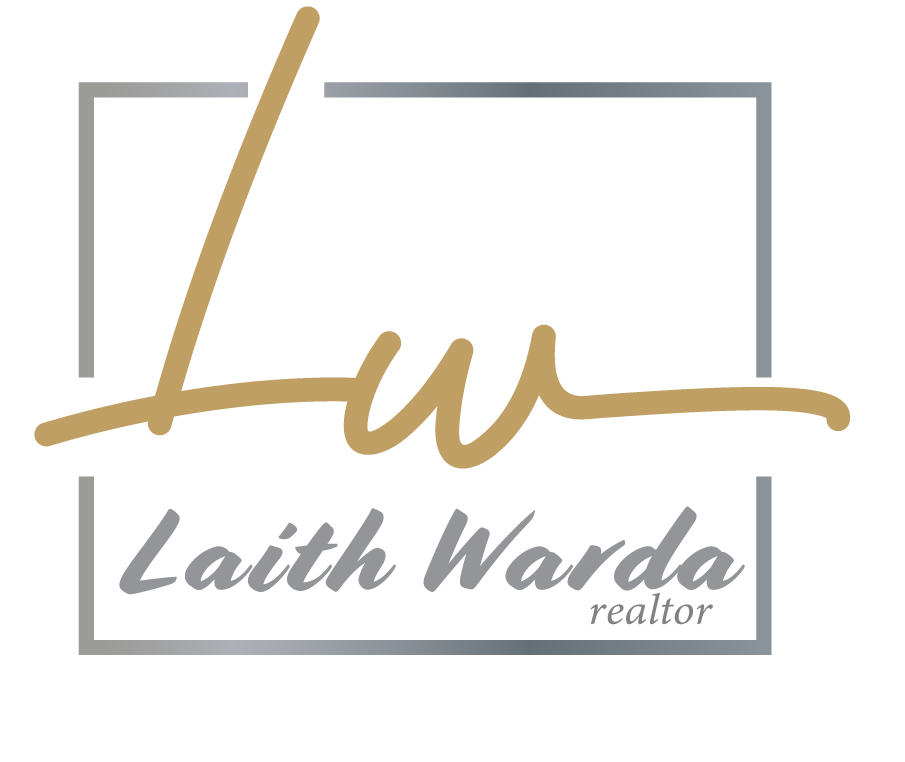The decision to buy or rent a house is one of the most significant choices individuals face in their lives. Both options come with their advantages and disadvantages, and the decision depends on various factors, including financial stability, personal preferences, and long-term goals. This blog will explore the pros and cons of buying and renting a house, helping you make an informed decision that aligns with your needs and aspirations.
Buying a House: Building Equity and Long-term Investment
- Building Equity: One of the most compelling advantages of buying a house is the opportunity to build equity. As you make mortgage payments, you gradually increase your ownership stake in the property. Over time, this equity can become a valuable asset that you can use for other financial needs or even for retirement.
- Investment Potential: Real estate can be a sound long-term investment, with the potential for property values to appreciate over time. When the housing market is favorable, owning a home can provide a solid return on investment if you decide to sell later.
- Personalization and Stability: Homeownership allows you to personalize your living space, make renovations, and have a sense of stability. You don’t have to worry about unexpected rent increases or eviction notices, giving you greater control over your living environment.
- Tax Benefits: Homeowners may benefit from certain tax advantages, such as deducting mortgage interest and property taxes, potentially reducing their overall tax burden.
However, it’s essential to consider the downsides of buying a house as well:
- Financial Commitment: Buying a house requires a substantial financial commitment upfront, including a down payment, closing costs, and ongoing maintenance expenses.
- Market Risks: Real estate markets can be volatile, and there is no guarantee that your property’s value will increase over time. Economic downturns or local market fluctuations can impact property values negatively.
- Limited Flexibility: Homeownership ties you down to a specific location, which may not be ideal if you foresee frequent relocations or significant life changes in the near future.
Renting also comes with its set of advantages:
- Flexibility: Renting provides flexibility, making it an attractive choice for those who anticipate job changes or are unsure about settling in a particular area for an extended period.
- Lower Initial Costs: Renting usually requires a smaller upfront financial commitment since you only need to cover the security deposit and possibly the first month’s rent.
- Reduced Maintenance Responsibility: Tenants typically have fewer responsibilities for property maintenance and repairs compared to homeowners.
However, renting has its downsides:
- No Equity Building: Unlike buying, renting doesn’t provide an opportunity to build equity, as monthly payments go towards the landlord’s investment.
- Limited Control: As a renter, you may have restrictions on making substantial changes to the property or may be subject to the landlord’s rules and regulations.
- Rent Increases: Rent prices can rise over time, potentially impacting your monthly budget and making it harder to predict long-term housing costs.
 Conclusion
Conclusion
The decision between buying and renting a house is a complex one, with several factors to consider. Homeownership offers the chance to build equity, invest in your future, and establish stability, but it demands a significant financial commitment and comes with market risks. On the other hand, renting provides flexibility and fewer responsibilities, but you won’t be building equity, and your housing costs may not be as predictable. Ultimately, the right choice depends on your individual circumstances and long-term goals. Consider your financial situation, future plans, and personal preferences before making a decision. Whether you choose to buy or rent, remember that home is where you make it, and making it your own can bring joy and fulfillment, regardless of the path you choose.



